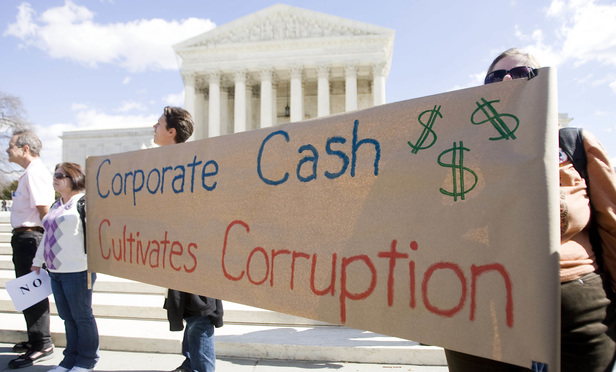In Marbury v. Madison, the foundational case establishing judicial review and cementing the U.S. Supreme Court’s role in our democracy, Chief Justice John Marshall asserted, “It is emphatically the province and duty of the judicial department to say what the law is.” Unfortunately, today’s group of Supreme Court justices in charge of deciding “what the law is” as to how our political system operates have no experience operating within that political system.
In the wake of Justice Antonin Scalia’s death, politicians, pundits and court watchers all recognize that an ideological shift on the Supreme Court could be in the works. One consequential shift may come if the president nominates a person with a background in elected politics who has first-hand experience with campaign ads, fundraising and constituent accountability.
This content has been archived. It is available through our partners, LexisNexis® and Bloomberg Law.
To view this content, please continue to their sites.
Not a Lexis Subscriber?
Subscribe Now
Not a Bloomberg Law Subscriber?
Subscribe Now
LexisNexis® and Bloomberg Law are third party online distributors of the broad collection of current and archived versions of ALM's legal news publications. LexisNexis® and Bloomberg Law customers are able to access and use ALM's content, including content from the National Law Journal, The American Lawyer, Legaltech News, The New York Law Journal, and Corporate Counsel, as well as other sources of legal information.
For questions call 1-877-256-2472 or contact us at [email protected]





